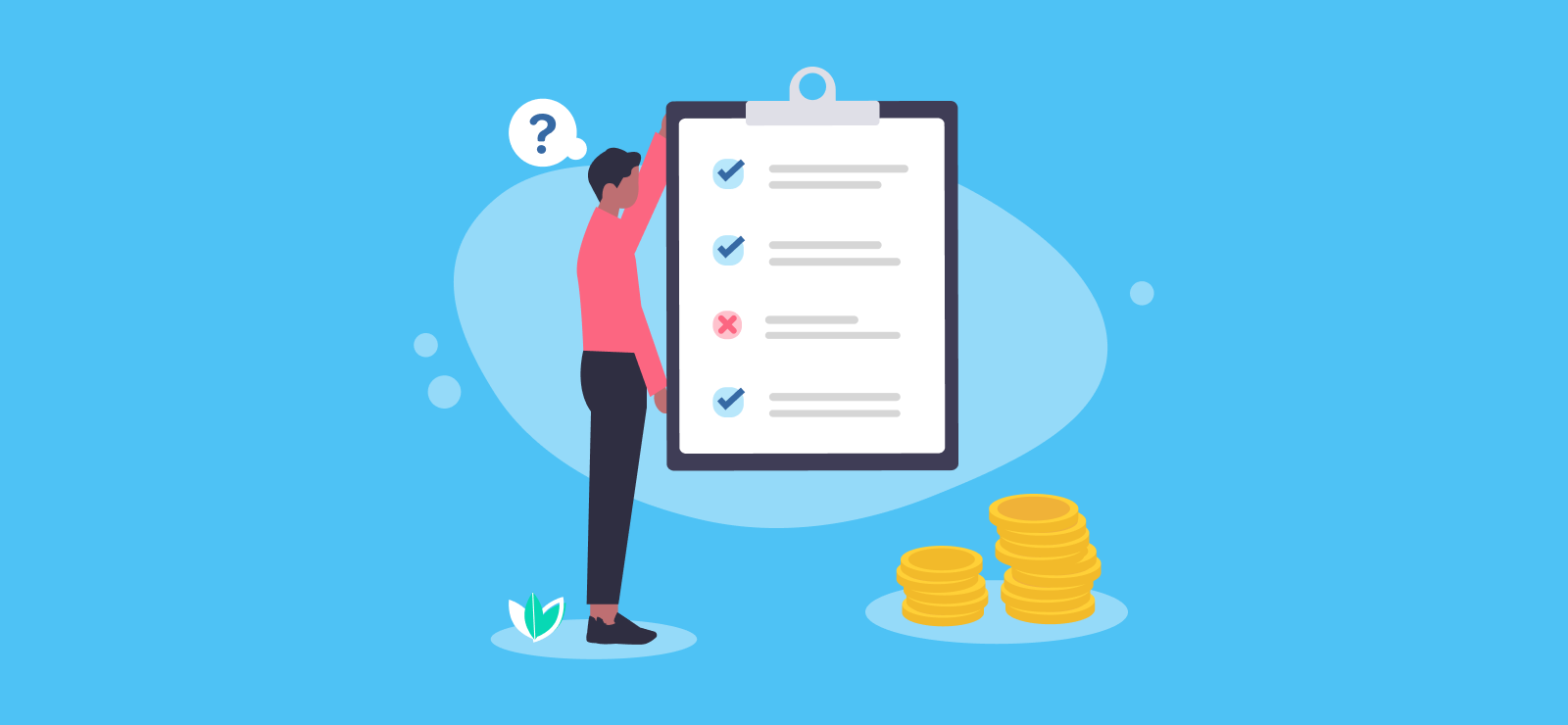

The Beginner’s Guide to Self-Employment
Setting up a business can be relatively straightforward, but it’s something you’ll need to put plenty of thought into. What products or services will you offer, and how much will you charge?
Do you need premises or equipment? Are there any legal or regulatory requirements to consider, and what will your business plan look like? Then of course there’s tax to pay and customers to find – and that’s just to start with!
With more than 4 million people in the UK currently self-employed, it’s certainly a very popular option. If you’re thinking of launching your own business, take a look at our beginners guide to start you off.
What are the benefits of being self-employed?
People chose to become self-employed for a huge variety of reasons. From having more control over the work which you take on, to being more flexible with when and where you do it, and beyond to all manner of financial reasons. What you might consider to be a benefit largely depends on what you need to get out of being self-employed.
What are the disadvantages of being self-employed?
One big challenge with being self-employed is that you don’t get any of the benefits that employed people get. These include things like sick pay, paid time off, and employer-sponsored pension contributions.
When you’re self-employed you’re also responsible for managing your own taxes, which can be complex and time-consuming, often requiring a good understanding of tax regulations.
Lots of people also find that their earnings aren’t always consistent – especially when your business is still new. This can make it harder to access some types of financial services, such as mortgages and personal loans, because lenders may consider your income to be less stable compared to someone in employment.
How do I become self-employed?
There are lots of different ways to be self-employed, from starting an online side-hustle in your spare time to setting up a limited company that you work on full-time, or buying into a franchise. One of the first business decisions you’ll make is to choose a structure for your business.
Choosing a business structure
Being ‘self-employed’ simply means that you work for yourself, but this doesn’t actually explain how you operate the business. It’s your business structure that refers to the legal status of your business, and this affects how you set it up, what tax you pay, and even how you take money out of the business for yourself.
There are lots of options available depending on your needs, so think about things like:
- How financially risky the business is
- The income you expect to make
- Whether you want to information about your business to be publicly available
- Who else is involved in the business
- How you plan to fund it
What can I call my business?
This is entirely up to you, as long as the name is available to use and doesn’t give the impression that your business is part of another organisation or affiliated in some way. Some businesses use a ‘trading name’, where you register the business under one title but then use a different name to actually carry out work.
For example, you might register the business using your actual name, but use the trading name ‘Electricians on Demand’ for marketing reasons.
What do I do next?
Your next steps partly depend on what business structure you choose, along with other factors such as the industry you work in (for example, if you need a specific type of insurance to be allowed to do this sort of work).
You’ll also need to have a think about market research. Writing a business plan can also be a useful way to organise your thoughts and make those early decisions. Our accountants share their top tips for starting a business in this article!
What tax do I pay if I’m self-employed?
Being self-employed means that you’re responsible for reporting and paying tax on the money you earn from your business.
The type of tax returns you need to submit and the tax you must pay partly depends on what sort of business structure you operate, but it’s also affected by other factors such as your turnover, who you work with, and whether you employ anyone.
The table shown below briefly explains what types of tax might affect your business, as well as other deductions you could see as part of your tax calculation.
| Type of tax | What is it? |
| Income Tax | A tax you pay on any personal income you receive, such as profits from being a sole trader, money you make from renting out a property, or a salary you take from an employer. |
| National Insurance Contributions (NICs) | Self-employed people pay National Insurance Contributions on their personal income. You might also need to make employer’s NICs if you hire someone else to work for you. |
| Corporation Tax | Limited companies must submit Company Tax Returns and pay Corporation Tax on the profits they make. |
| Value Added Tax (VAT) | You’ll only need to register your business for VAT if your taxable turnover reaches the registration threshold in any 12-month period. The type of structure you use doesn’t affect whether you can or need to register – any business can do so. You can also choose to register for VAT voluntarily. |
| Student Loan Repayments | If you took one out, you may be required to make student loan repayments based on your self-employed income. |
How much should I charge when I go self-employed?
One of the most common questions that new startups ask is around charging for goods and services. There are lots of online formulas and guides to this, but one of the biggest obstacles that most self-employed people face is self-confidence! Deciding what to charge your clients and customers means treading the fine line between making a profit, and the sheer terror that nobody will pay you what you’re asking for.
Setting up a new business can be daunting, but it doesn’t have to be! Learn more about our online accounting services for businesses or call 020 3355 4047 to chat to the team. You can also get an instant online quote.
Want to learn more?
Subscribe to our newsletter to get accounting tips like this right to your inbox

Read more posts...

April 2025 Client of the Month: Amplify Presentations Ltd
23rd April 2025This month we spoke to Stewart Bewley, Director of Amplify Presentations Ltd! Amplify | LinkedIn Hey Stewart! Tell us about your business I…
Read More
Bookkeeping for Sole Traders
22nd April 2025Becoming a sole trader is exciting, but before you start it’s important to understand what being one actually means, as well as…
Read More
The Accountancy Partnership – Our Positive Reviews
17th April 2025We’re proud of our customer reviews here at The Accountancy Partnership The reviews we receive from our customers show how hard we…
Read MoreConfirm Transactions
The number of monthly transactions you have entered based on your turnover seem high. A transaction is one bookkeeping entry such as a sale, purchase, payment or receipt. Are you sure this is correct?
Please contact our sales team if you’re unsure
VAT Returns
It is unlikely you will need this service, unless you are voluntarily registered for VAT.
Are you sure this is correct?
Call us on 020 3355 4047 if you’re not sure.
Bookkeeping
You will receive our bookkeeping software Pandle for free, as part of your package.
You can use this to complete your own bookkeeping, or we can provide a quote to complete your bookkeeping for you.
Please select and option below:
Call us on 020 3355 4047 if you’re not sure.

